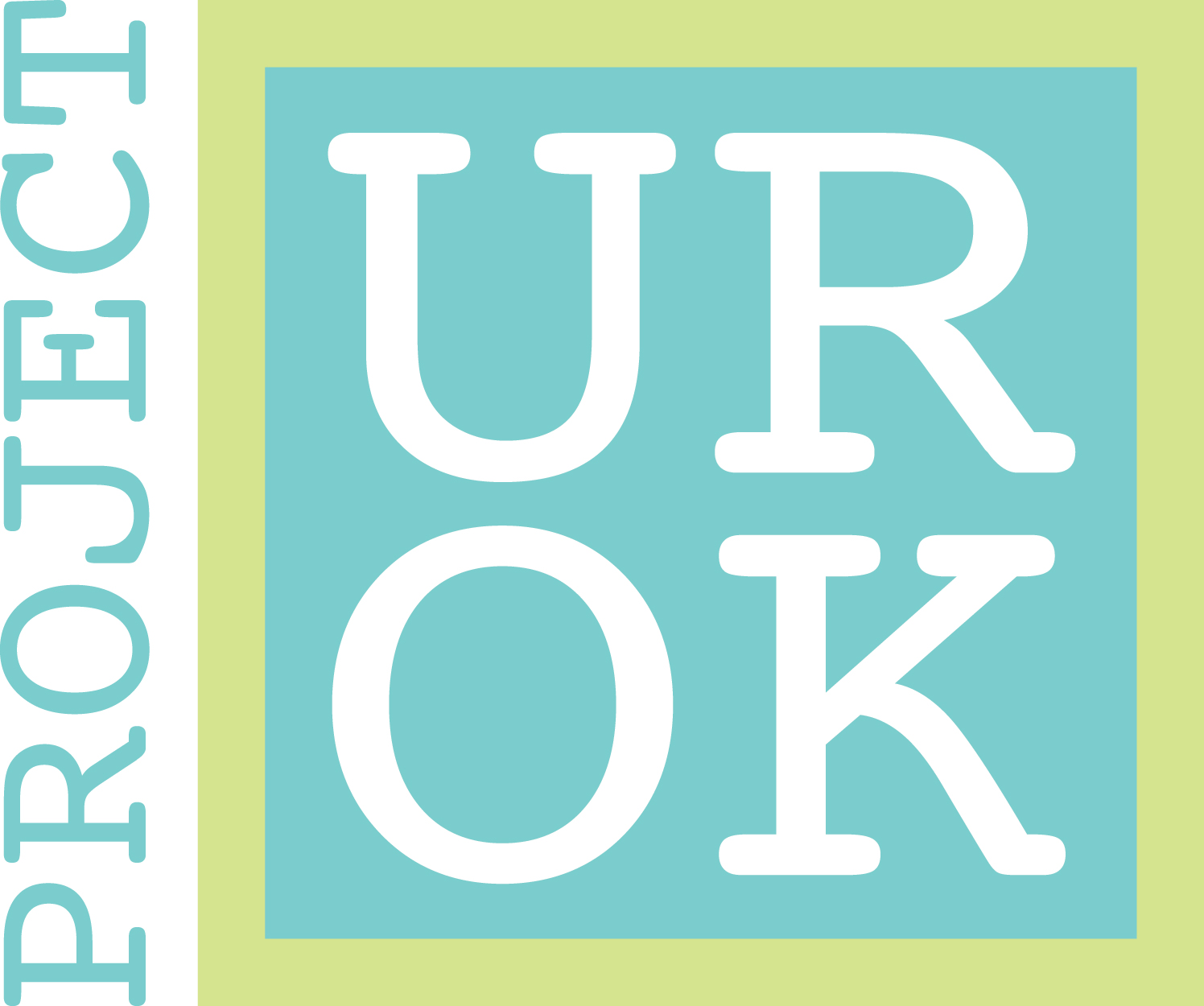The Unpaved Road
By: @Arithered
This article addresses: post-traumatic stress disorder
It’s difficult to describe just how much the words “you are okay” can change a life.
There’s a road—a little dirt path off Regular Blvd.—that hurts my mind when I travel down it. I believe we all have those little side roads we avoid because sometimes moving on doesn’t mean making peace with what happened. Sometimes it means exactly what it sounds like: going forward. But when one can go forward, one can go backward as well.
Our memories are treacherous things, aren’t they? A sound, a smell or a taste can lift us straight out of the present and deposit us squarely back on that dirt path we thought we’d cordoned off. Suddenly we’re back to all the unhealthy, self-defeating thought processes we were just getting accustomed to living without.
What’s down that dirt side-path varies widely depending on the person. For some, it’s memories of physical, emotional or sexual abuse. For others, it’s the type of intrusive thoughts and anxieties that signify the stirrings of a bipolar, schizophrenic or obsessive-compulsive episode. No matter what darkness lies down that path, we all know we are not ourselves when we’re there. We are troubled, burdened and impeded.
If only there were a friendly hand to reach out to you there; a warm smile to help you remember the way home.
By the time I was in my late teens, early 20’s, I had begun to believe that death would be my constant companion. Two friends of mine had died by the time I was sixteen, one of accidental overdose and one of deliberate suicide. As my still-developing mind struggled to cope with this, two airplanes struck the Twin Towers and killed thousands of people, all before my naked eyes. I watched human beings jump from the towers, smelled the acrid stench of smoke and wondered if this was what real life was like. A mere two months later, a passenger plane slammed into the ground a block away from me, killing 265 people. The smell of jet fuel, the endless remains being collected in body bags, became an inextricable part of that dark path. These were not the last instances in which I watched people die, but they were first, most painful knife wounds in my psyche.
I didn’t yet know what PTSD was by name, but I did know that I couldn’t sleep anymore without imagining everyone I loved perishing in gouts of flame and tarry smoke. I knew that the sound and shape of an airplane terrified me, and I knew that the faintest whiff of jet fuel could set off hyperventilating and tears.
My peer group at this age was unsupportive; I was in an all-male institution in which panic attacks and nightmares were scorned as being the province of the soft and womanly. A man would not have let the horror of death overtake him; a man would be strong and shrug it off. I was an aberration, a shame. When a psychologist arrived at my school to do a group session, I was the only one who spoke up and confessed to being scared and confused.
I was mocked for this over the course of the next two years.
Three words I never heard at that stage of my life were “you are okay.”
It got better, eventually, but it took years.
Even today I still take the occasional turn down that dirt road, down that unpaved, rough-hewn path of doubt, fear, sorrow and self-loathing. I know how to get back home nowadays, if only because I developed the mantra that coincidentally became the very name of this wonderful site: you are okay.
You’re good, I tell myself when the stench of burning asphalt touches my nostrils. You’re fine, I reassure myself when an airplane seems to be flying too low or when an odd-looking plume of smoke wreathes into the sky. You may not feel fine right this moment, but you will. Relax. Stop. Breathe.
Our minds are complex and beautiful things, and sometimes that complexity can be a distinct crimp in our style. Neural pathways are formed over which we have no control, and at the slightest provocation, there we go down that path again.
Remember that mantra, and meditate on it. You are okay. You were okay. You will be okay.
This place can be the guiding hand I never had; the friendly face that helps you find your way back home. There is no glory in martyrdom, in needless suffering. Depression isn’t sexy, and pervasive gloom doesn’t make you deep. The greatness of people lies in their ability to care for and love one another; in their capacity for empathy, selflessness and the creation of joy. I tell my story only for that reason: perhaps someone will read it and see themselves in it. Perhaps they will have the courage to do what I didn’t do and reach out to get the help and support they need.
Maybe you’re not okay right this moment, but you can be. You will be.

